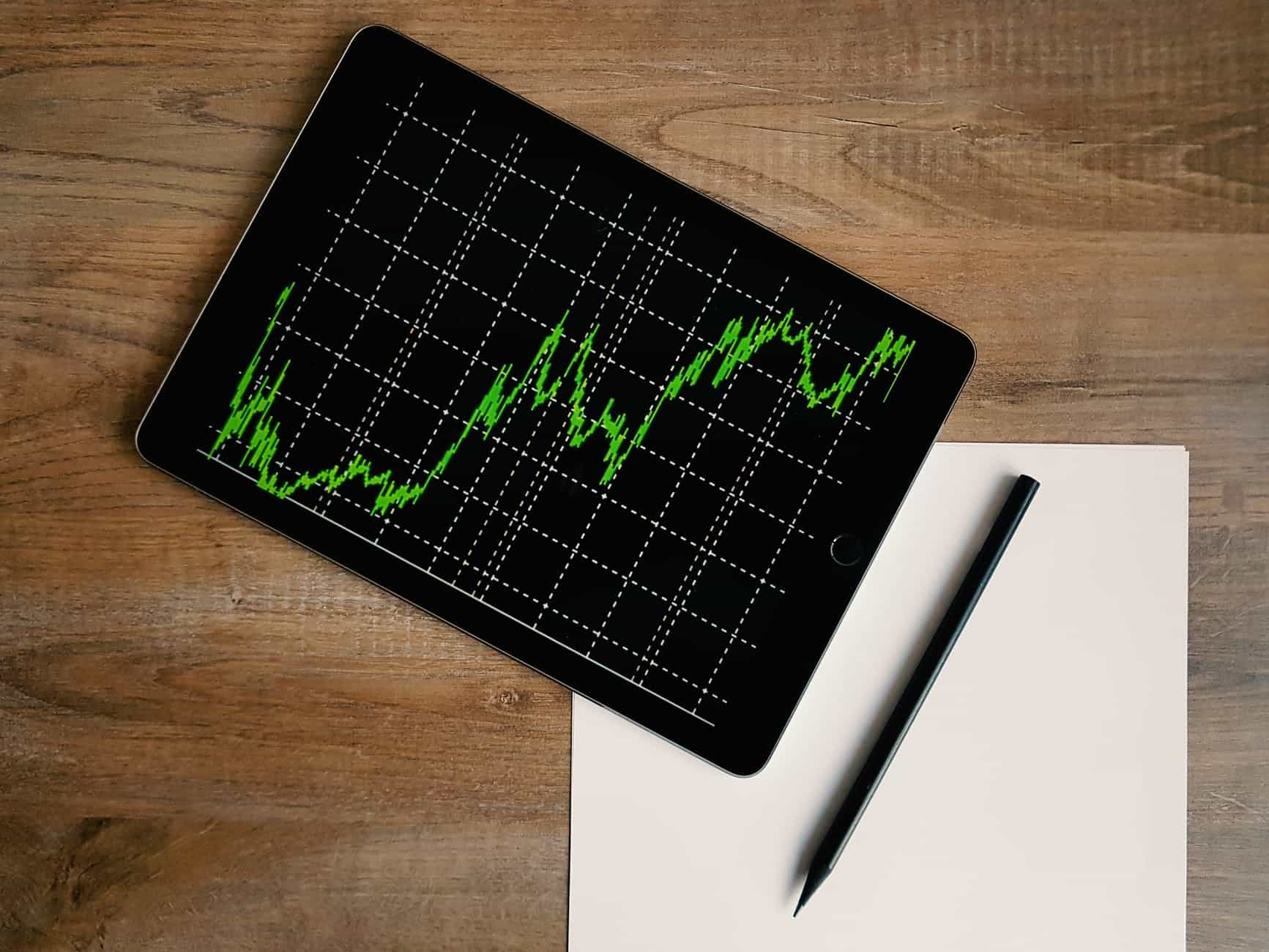What goes up must come down! Whoever authored this statement of life events and business activities should receive the award for the Most Obvious Statement. However inane the statement, it does contain a little truth when applied to our current economic cycle in the United States.
Factors such as inflation, supply chain disruption, interest rate increases, U.S. Government fiscal policies and continued underemployment in our country have caused significant volatility in the markets. It has been a literal rollercoaster for the various market indices used to measure performance of the exchanges in the U.S.
At the start of 2022, the S&P 500 Index was at 4674.77 and closed on May 6, 2022, at 4175.48. This decline of 16.26% has caused investors to worry about the future of their retirement assets. To mitigate the emotional impact of such a decline, consider past market declines and learn from the period of time after the correction. For example, by remaining calm and investing in a well-diversified portfolio, you will recover your unrealized losses in the future. If you are planning to make a large purchase during a market downturn, it may be fiscally more responsible to consider bank loans which carry a much lower rate of interest. Once the markets recover and the value of your portfolio is an unrealized gain, sell a portion of the investments to liquidate your debt.
Another measure of thriving during market cycles is to utilize noncorrelated investments that respond better to inflationary pressure. For example, real estate is a sector of the economy that maintains cash flow and value during market declines. Think about this approach to your income needs during a period of market contraction. Real estate investors continue to collect rents on a monthly, or some other predictable period, basis no matter the state of the economy.
Of course, no investment is immune to such historic market events as the Wall Street Crash of 1929 or Black Monday in 1987. The key to facing any market disruption is to not allow emotions to control your decision making. One of my favorite quotes of Warren Buffett, “Be fearful when others are greedy and greedy when others are fearful” comes to mind during times we are currently experiencing.
Lastly, remember that you most likely took several decades to amass your retirement assets. The intention of these assets is for them to last you several decades in the future. Unless the need for capital was immediate at retirement, your portfolio will grow and contract as market conditions change. By maintaining a long-term perspective, you will be better suited to investing in positions that are below their book value and allow for a growth opportunity in the future. There are positions that are available for you to make reasonable long-term returns while the overall economy is in contraction.
Keeping perspective and maintaining a well-diversified portfolio will help you weather the storms of the economy much better than attempting market timing. Predicting markets is not an approach that serves you well. If you wish to evaluate your portfolio, contact a CERTIFIED FINANCIAL PLANNERTM professional. Worry never solved a challenge.




